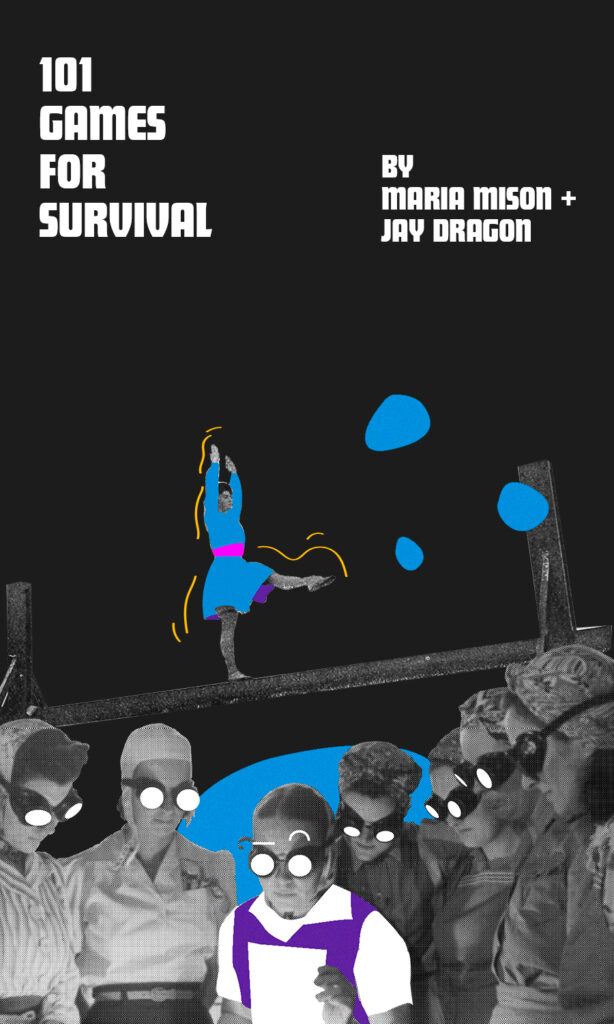I’m on a study project to improve my understanding of roleplaying games. To this end, I already have two reading projects, A Game Per Year and An Adventure Per Year. This is the third, with the goal of reading or playing 52 games made in the last few years. Originally I considered making this “A New RPG Per Week” and that’s where the number 52 comes from, even though a weekly schedule is probably not within my abilities.

101 Games for Survival represents the genre of lyric games, short poem-like games which pare down roleplaying games as textual expression to its bare minimum. There’s always been a tension between roleplaying games as actual play and as published works of instruction. They’re both called roleplaying games but they’re not quite the same, and not always on dependent on each other.
You can roleplay perfectly well without a game of any sort, published or otherwise. You can write and release a game that will never be played by anybody and it’s still a roleplaying game.
Writing rules and instructions is one of the skills relevant for publishing roleplaying games, the instructional manuals that people use to play roleplaying games. Like with any human cultural endeavor, as rules writing develops over the decades, it acquires its own poetry.
That in turn leads to the world of the conceptual: Games that are impossible to play and only exist as instructions, or games published for the beauty of their words and not primarily as playable works.
(This road eventually leads to the point where the design is entirely conceptual and abstract, with even the words removed. Every artform will eventually produce the equivalent of Black Square by Kazimir Malevich.)
101 Games for Survival is a collection of 101 games, one-page sets of instructions. For example, game no. 42 is: “Send more voice messages to everyone you demand hears your voice. Speak at politicians and lovers and soulmates and ex-soulmates and all of it.” There’s a very specific time and place for these games: The lockdown period of 2020 when the COVID-19 restrictions were at their heaviest. That’s the period the title of the collection refers to: How to survive this?
The style of the language goes back to the instructions of game texts but also brings to mind Twitter. A lot of the phrasing is familiar from that environment.
There’s an interesting parallel between English-language Twitter with its propensity for instructional expression (“Do this! Don’t do that!”) and games text which also often deal with instructional language. In the case of Twitter, I’m not sure how connected that is to the culture of English as a language. The only other reference point I have is Finnish-language Twitter which tends to feature less imperative language.
The lockdown period is a strange cultural touchstone because it was shared by such a vast proportion of the world’s population but it’s also fading away. Personally, I find it hard to remember big portions of that time, perhaps because life was so monotonous, it didn’t produce the variety that helps us construct discrete memories.
Perhaps that’s the real value of 101 Games for Survival: As a reminder of what it was like, and what kind of strategies people needed to deal with the catastrophe of separation and nothingness.